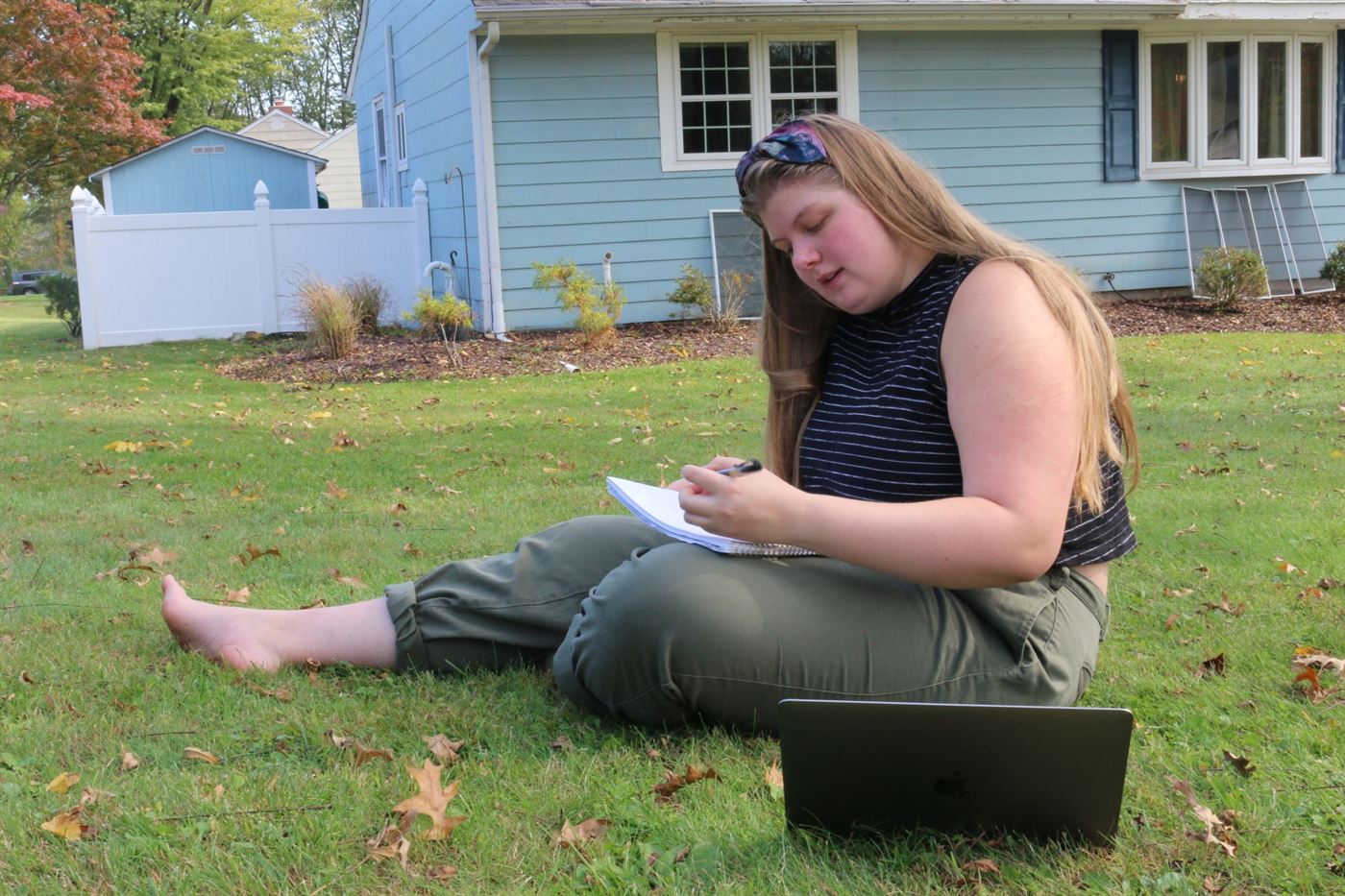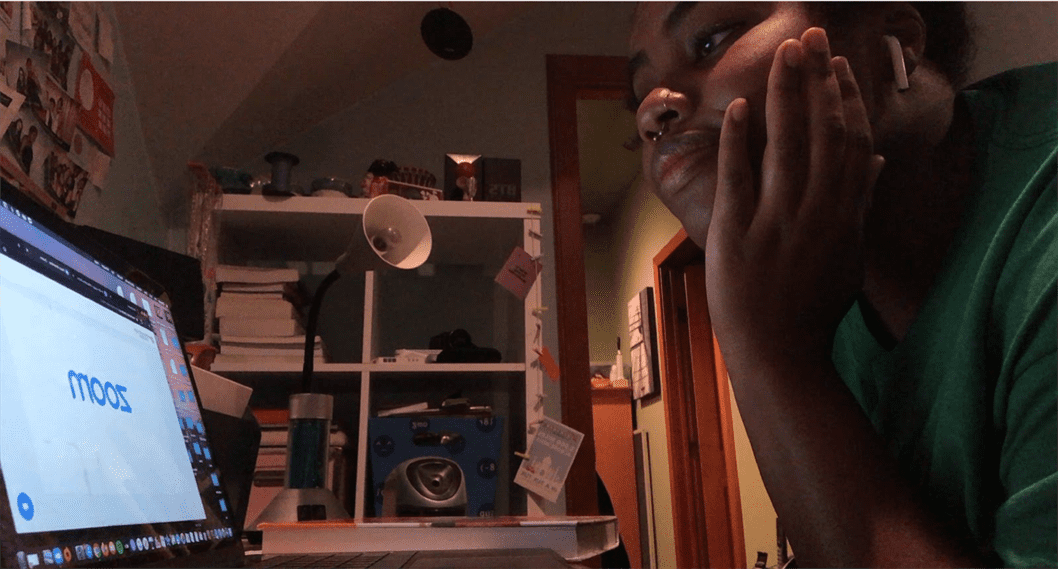As students approach the second month of the semester, many have started to realize that “pandemic fatigue” is settling in. On Sept. 28, Jaclyn Friedman-Lombardo, the director of Counseling and Psychological Services (CAPS), sent an email identifying the signs of pandemic fatigue, how to address them and what campus resources are available. Upon receiving this email, students found themselves aligning with these symptoms.
Signs of pandemic fatigue include: weariness or fatigue, irritability, difficulty focusing and being “productive,” trouble eating and sleeping regularly, lack of motivation, depressed or anxious mood and becoming withdrawn.
For Brielle Wyka, a junior communication and media arts and French major, and The Montclarion’s video editor, pandemic fatigue has been affecting her entire way of life.
“I’m having a lot of trouble right now finding the motivation to do school, period. I’ve been skipping class for no reason and not getting a lot of work done,” Wyka said. “I’ve got a backlog of work piling up for reasons that I know that is part of the pandemic, and for reasons that I can’t explain.”

Brielle Wyka studies outside of her home in Parsippany, New Jersey. Wyka is fully online this semester, taking her classes over Zoom.
Photo courtesy of Joni Mae De Los Santos
Unfortunately, this is a reality for many students after the transition to hybrid and online classes. Student organizations, such as The Montclarion, have completely transitioned to online as well. The inaccessibility to basic human connection and spending time with friends in-person has taken a toll on Wyka’s mental health.
“Keeping busy was a large part of my socialization because we’d be in class or working together and I’m just not great at reaching out to people to just talk,” Wyka said. “The only thing I can do is lay around and keep my mind off the impending doom that is the world.”
Madeline Riche, a junior psychology major, is also struggling to adjust to fully online classes.
“I don’t know the right word for it, but I feel like, lazy. I feel like I’m not doing enough, but there’s not much I can do because everything is based at home,” Riche said. “Just due to having to be inside. Not being able to interact with people in person definitely affected me way more than I thought it would.”
Riche is also experiencing difficulties continuing her classes at home, such as her nutritional lab course. Rather than picking up ingredients on campus, Riche prefers to buy her ingredients ahead of time to avoid contact. However, she feels as though her accommodations have not been met.
“I knew we had to do labs and I made it clear beforehand that I’d prefer to buy the stuff on my own,” Riche said. “For people that can’t go back on campus, it’s such an inconvenience knowing the ingredient list a week before the lab.”
Julian Putnam, a junior math major, began to accept his new circumstances after struggling with pandemic fatigue for the past few months. However, he still finds himself having symptoms.
“There was a point where every day felt the same. No matter what I did today, it didn’t matter the next,” Putnam said. “I’m making more of an effort to see more friends and stuff, but sometimes I still feel the symptoms. The pandemic affected me in more [ways] than I thought it would.”
Although CAPS has not experienced calls specifically for pandemic fatigue, Friedman-Lombardo believes that it adds another significant layer for students’ mental health.
“CAPS has always been busy and we’ve been just as busy in the past,” Friedman-Lombardo said. “The pandemic has added another layer of stress for various reasons. I think the reasons why people call are related to the pandemic, but not necessarily specifically about it.”
Although the pass-fail accommodation is not available anymore, CAPS recommends “Let’s Teletalk!” or the various weekly group therapy sessions. The Disability Resource Center can also help those with disability accommodations, with documentation from a physician, psychologist and/or learning specialist as appropriate for that disability.
If you or anyone you know are struggling with mental health, reach out to the Counseling and Psychological Services at 973-655-5211 or the National Suicide Hotline at 800-273-8255.




